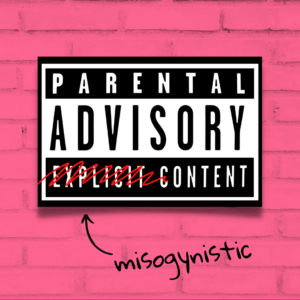Back in 2019, Billie Eilish took the world by storm with her breakout debut studio album, When We All Fall Asleep, Where Do We Go? which led to Eilish controversially winning five Grammy awards in 2020. With this amount of pressure and critical acclaim to follow it is impressive to see that with her new record, Happier Than Ever, Billie has been able to build upon her artistic persona and style in a way that feels both more mature than her prior work without forfeiting her unique approach to music. Once again teaming up with her brother, Finneas, Billie has produced a body of work that has a distinctive point of view unique to her, which places her in the first awkward steps of adulthood. The overarching feeling I got from this album was somewhere between nostalgia and melancholy for the time between the ages of nineteen and twenty-one where you’re in transition between being a teenager and an adult.
Happier Than Ever has an apparent more mature sound and subject matter to Billie’s previous album, touching on topics such as sexuality, her perspective on fame since her career’s astronomical trajectory, and her position in the media. This serves to take a listener on a journey into Eilish’s psyche and where she sees herself as a young woman entering adulthood and embracing the ambivalence she feels towards success. Further to this the album also has strength in its sonic cohesiveness, with Eilish continuing to use many of the same instruments and influences as in prior work such as electronic elements and a thorough line of subtle tracks which meld well together seamlessly. Eilish has also included more acoustic notes to this album with a focus on slow piano-driven ballads such as ‘Male Fantasy’, ‘Halley’s Comet’, and ‘my future’. This overarching sound gives the album a distinctive listen that feels perfect for rainy days and relaxed afternoons over a weekend, and I feel will lend itself particularly well to repeated listens as the days get shorter and rainier towards autumn.
The album opens with ‘Getting Older’ which explores Eilish’s current state of mind and introduces some of the main themes of the album including melancholy, coming of age, and autobiographical analysis of fame and what it means to be an artist. This track feels well placed at the start of the album as it locates the sonic and lyrical content of the album well and lets the listener understand what Eilish is aiming to convey throughout this body of work. This track leads into ‘I Didn’t Change My Number’ and ‘Billie Bossa Nova’ which establish a secondary theme to the album which is Eilish’s sexuality and exploration of more sensual lyrics. This theme certainly feels secondary to the others mentioned earlier but compliments the other statements Eilish has to make in the album.
Particular highlights for me included ‘Halley’s Comet’ which is a touching ballad where Eilish explores the idea of distance and heartbreak, using the analogy of the elusive comet to explain how often she sees somebody she once shared a close relationship with. Her vocals on this track stand out as she uses her signature soft vocal technique to lean into the feelings of hurt and isolation, which naturally will have been informed by the social climate the album has been recorded under, as well as the personal circumstances that inspired the song. Another highlight of the album is certainly ‘Not My Responsibility’ and ‘OverHeated’ which blend seamlessly into one another in the playthrough of the album. These songs see Eilish candidly discuss her fashion sense and how it has been politicised by the media on both sides, with some praising her choice of clothing and others criticising it. These tracks are a highlight for me as it feels like they fit the rest of the album but stand out as particularly assertive tracks with a clear and direct statement being made by Eilish.
Other notable tracks on the album are ‘Oxytocin’, ‘NDA’, and ‘Therefore I Am’, the latter being the second single off the album. These tracks stand out as they feel somewhat disjointed from the rest of the album in their sound, they play more heavily with electronic and rock sounds which set them apart from the softer and more subtle sounds of the majority of the rest of the tracks. This being said I do think that these songs are all well-produced, and I can understand why they have been included in the project. Further, I would say that ‘Therefore I Am’ feels like the bridge between this album and Eilish’s last as it could fit well on both Happier Than Ever and When We All Fall Asleep, Where Do We Go?
Overall, I feel this album is a cohesive and well thought out project with a more mature sound and intentioned progression in Eilish’s artistic approach to making music. I feel that vocally she sounds as strong as ever and has continued to cultivate her soft and lullaby-esque technique which defines her as a singer. Personally, I gravitate towards other vocals more naturally than I do to Billie Eilish but feel she has excellently developed a musical style that highlights and compliments her voice excellently. Happier Than Ever is an excellent album from Eilish which I personally feel is stronger than her first, capturing her state of mind by welcoming the listener into her point of view incredibly well. I also feel that lyrically this album is incredibly strong and is a testament to the talent and excellent working dynamic Billie and her brother have created together.
















